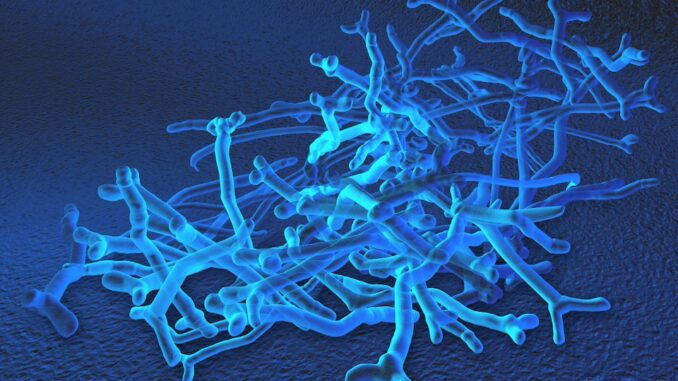
A key group of beneficial gut microbes has been found to co-evolve alongside their animal hosts, opening the door to new targeted probiotic and dietary interventions for both animals and humans.
In a study published in Cell Host & Microbe, researchers at the University of Birmingham and Quadram Institute have uncovered how Bifidobacterium – a group of bacteria commonly found in the gut – shows distinct evolutionary and functional adaptations depending on its host species. The findings reveal how host diet and ancestry have played a major role in shaping these close microbial partnerships over time.
By working with local zoos/Zoological Society of East Anglia to obtain gut microbe samples from the poo of various animals, the team found many new species remain undiscovered in non-human hosts, despite decades of research on human-associated Bifidobacterium,pointing to a vast, untapped microbial diversity.
The research shows that Bifidobacterium has adapted in surprising ways to meet the dietary and physiological needs of a wide range of animals, including primates, rodents, pigs and birds. In mammals, the bacteria were particularly well-adapted to breaking down complex carbohydrates such as resistant starch, an important source of dietary fibre.
In contrast, birds showed weaker co-evolution signals, likely due to more variable gut microbiota shaped by ecological pressures such as flight.
“It’s really exciting to view this through an evolutionary lens and see how a crucial beneficial microbiota member – Bifidobacterium – has co-evolved with different animal hosts, and highlights the key role that diet has played in shaping these intimate relationships. This research provides an excellent platform for developing the next generation of precision probiotics for both animal and human health.”
Bifidobacterium are known to play a vital role in maintaining digestive health by producing short-chain fatty acids – compounds that help reduce inflammation, support the gut lining, and suppress harmful microbes. Such diversity not only benefits the host directly but also fosters a cooperative ecosystem of beneficial bacteria — an essential foundation for long-term gut health.
Dr Magdalena Kujawska, Honorary Research Fellow and first author of the study, explains:
“The diversity and functional potential of Bifidobacterium is truly impressive, especially in terms of carbohydrate metabolism. This knowledge can be translated into application, and in this context our research offers a basis for the development of prebiotic and probiotic strategies targeting specific microbial functions that confer benefits on host health.”
The team are now planning further research to explore the enzymes used by Bifidobacterium to break down different sugars in both humans and animals. Their goal is to gather insights on how these work to see how they can be harnessed to support health, whether through diet, probiotics, or other microbiome-targeted strategies.
